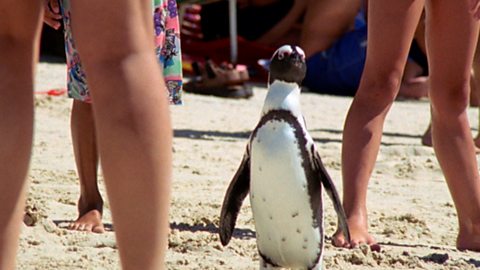Video summary
An ecosystem is like a community and shows how all the living and non-living components are connected.
These connections can be seen in a forest ecosystem where salmon is vital for the stability of life within it.
The secret behind this is the bears, and how they hunt for the fish and then discard some of the carcasses which are rich in nitrogen.
The nitrogen in turn helps the trees to grow.
This is then linked to the food chains and webs within the ecosystem.
Ecosystems can come in all shapes and sizes, as small as a termite mound or as large as a tree.
This clip is from the series Natural world of plants and wildlife.
Teacher Notes
The size of an ecosystem depends on the area being examined.
Pupils could be asked what other ecosystems they can think of.
They could be asked to describe the links between the living and non-living components within the ecosystem.
This clip will be relevant for teaching science at Key Stage 2 and Key Stage 3 in England, Wales and Northern Ireland or Second/Third Level in Scotland.
How animals have adapted. video
A look at a selection of animals, investigating how they have adapted to their environments.
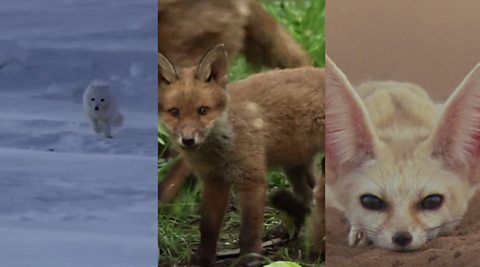
Classification of organisms. video
A look at how fish, reptiles, mammals and birds are classified into groups based on shared characteristics.
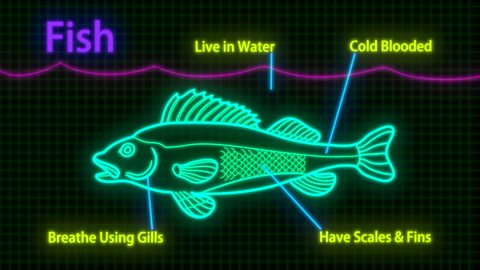
The life cycles of different organisms. video
A look at the life cycles of a range of organisms including a mammal, an amphibian, an insect, a flowering plant, a bird and a human.
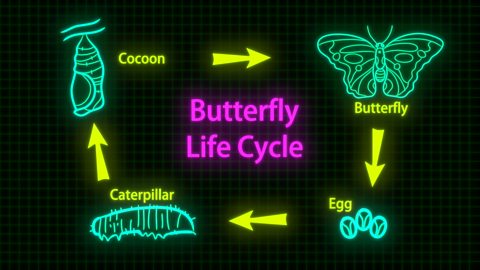
How plants and animals reproduce. video
An investigation into the many different ways animals and plants reproduce.
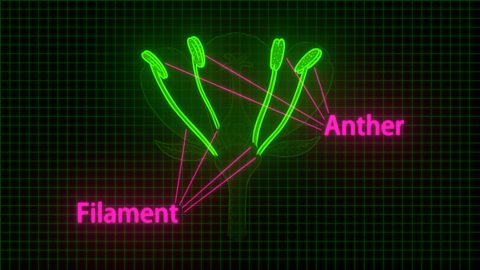
Food chains and food webs in animals. video
How energy is transferred through food chains and food webs via producers, primary and secondary consumers, predator, prey and decomposers.
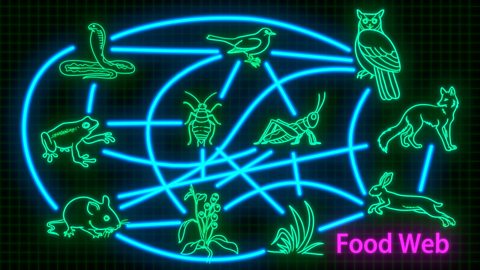
Human impact on the environment. video
A look at the impact of humans on ecosystems and the environment by focusing on the the penguins of Boulders Beach, Simons town, South Africa.
